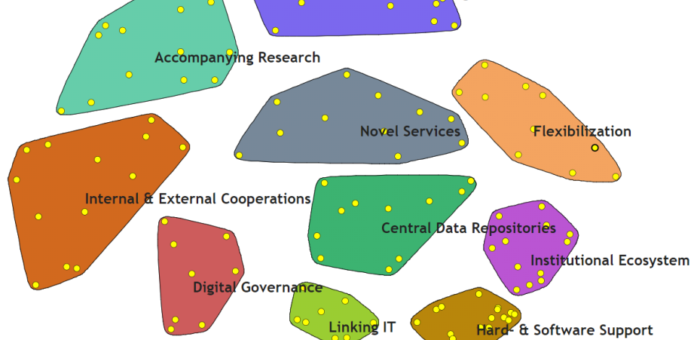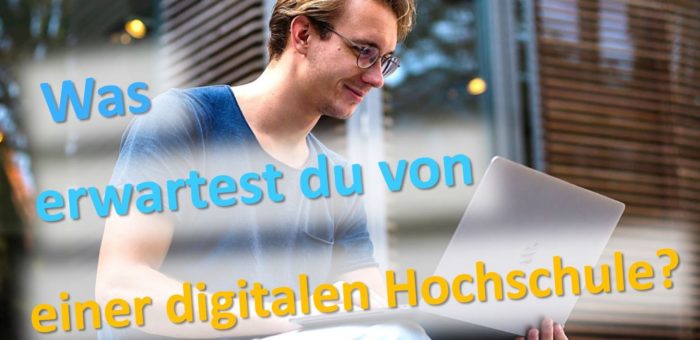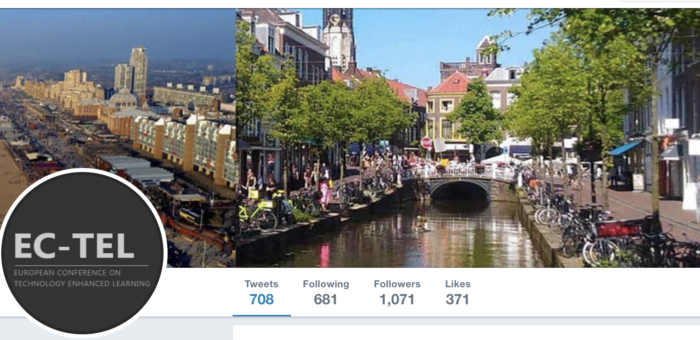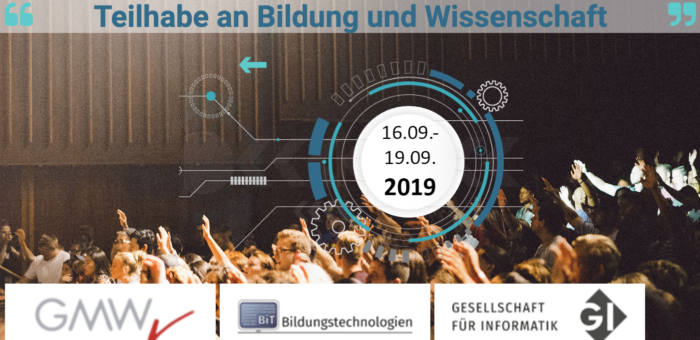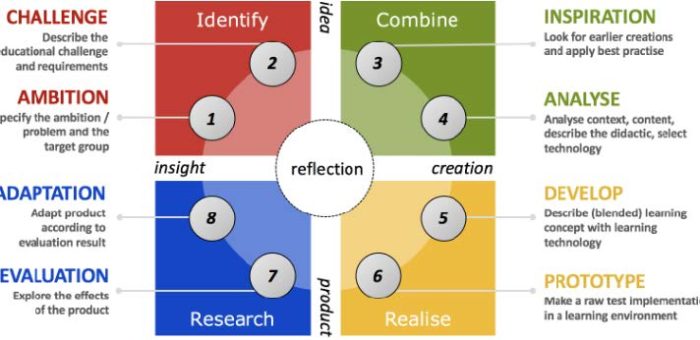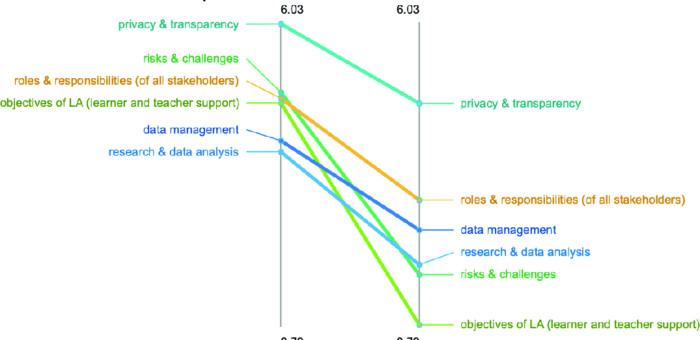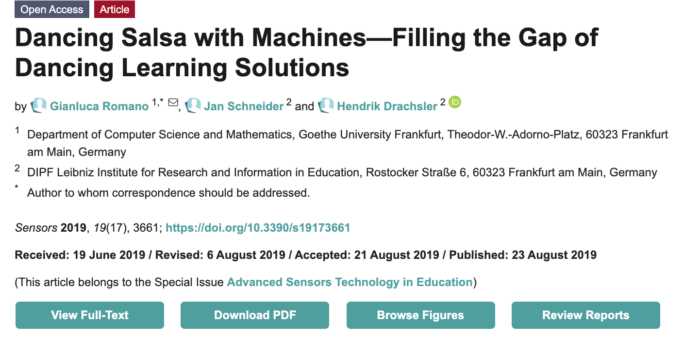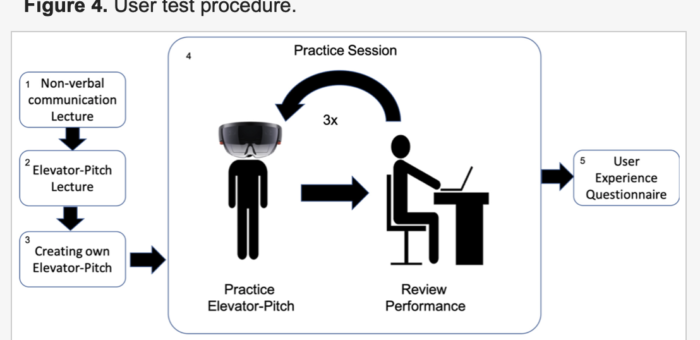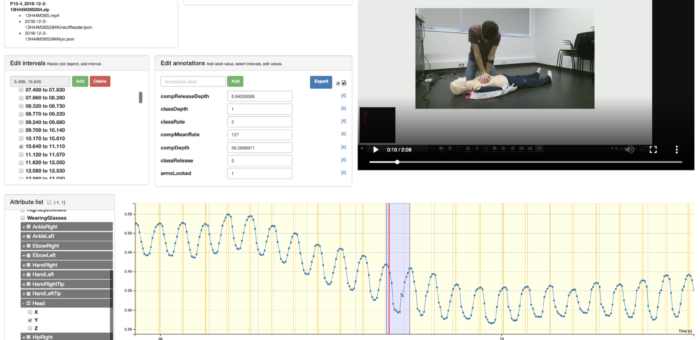
Trusted Learning Analytics Workshop am 14. eLearning-Netzwerktag der Goethe-Universität
Am 11. Dezember 2019 fand der 14. eLearning-Netzwerktag der Goethe-Universität auf dem Campus Westend im Casino von 10 – 18 Uhr statt. Mehr als 200 Lehrende und eLearning-Interessierte aus der Goethe-Uni sowie aus anderen Hochschulen, Schulen und Bildungseinrichtungen sahen Präsentationen von eLearning-Lehrprojekten aus den Fachbereichen sowie studentische eLearning-Initiativen. Am Vormittag stellten insgesamt 18 Projekte aus den eLearning-Förderrunden eLF und SeLF ihre Arbeiten vor. Der Nachmittag stand im Zeichen des hessischen Verbundprojektes DigLL (Digital gestütztes Lehren und Lernen in Hessen), dessen Teilprojekte an der Goethe-Universität von Vizepräsident Prof. Dr. Roger Erb vorgestellt wurden. Für das DigLL Teilprojekt - Trusted Learning Analytics moderierten Prof. Dr. Drachsler and Dr. Christoph Rensing zwei Workshops rund um ethischer Richtlinien zur Anwendung von Learning Analytics in Deutschland.

